PERSPECTIVE
Published on 06 Jun 2022
Toward Rapid, Widely Available Autologous CAR-T Cell Therapy – Artificial Intelligence and Automation Enabling the Smart Manufacturing Hospital
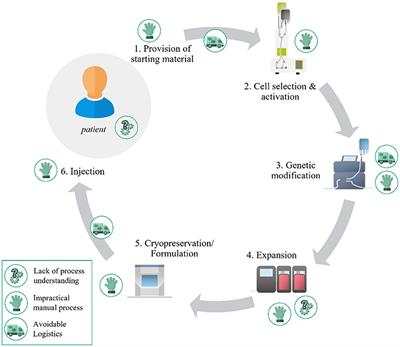
doi 10.3389/fmed.2022.913287
- 8,512 views
- 41 citations
21k
Total downloads
103k
Total views and downloads
You will be redirected to our submission process.
PERSPECTIVE
Published on 06 Jun 2022

PERSPECTIVE
Published on 03 Feb 2022
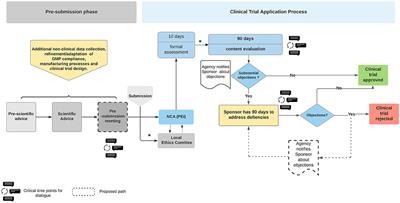
MINI REVIEW
Published on 18 Jan 2022
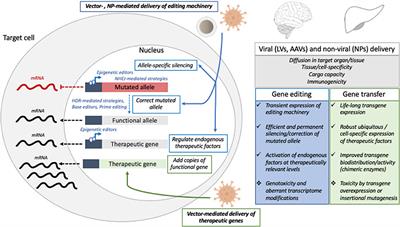
ORIGINAL RESEARCH
Published on 10 Dec 2021
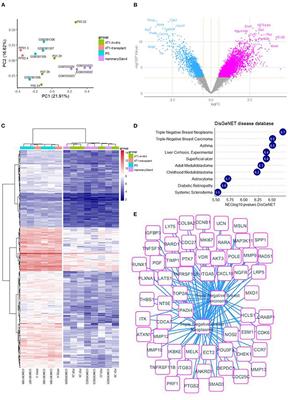
SYSTEMATIC REVIEW
Published on 01 Dec 2021
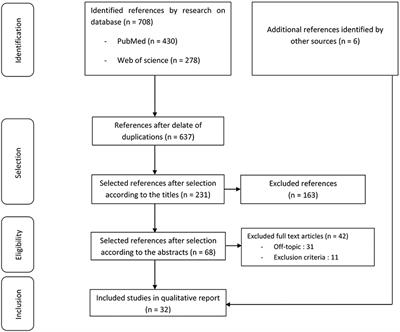
ORIGINAL RESEARCH
Published on 23 Nov 2021
ORIGINAL RESEARCH
Published on 03 Nov 2021
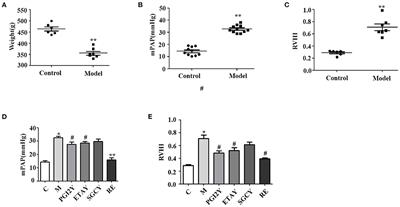
ORIGINAL RESEARCH
Published on 26 Oct 2021

REVIEW
Published on 13 Oct 2021
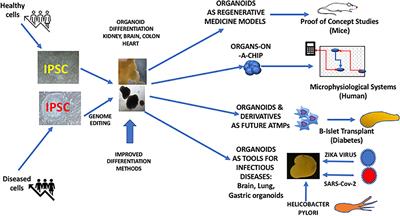
REVIEW
Published on 20 Sep 2021

HYPOTHESIS AND THEORY
Published on 13 Sep 2021
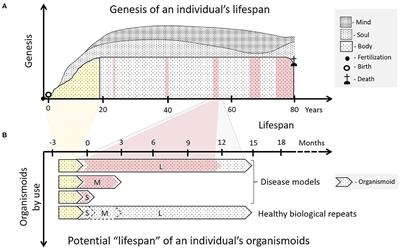
REVIEW
Published on 16 Aug 2021

